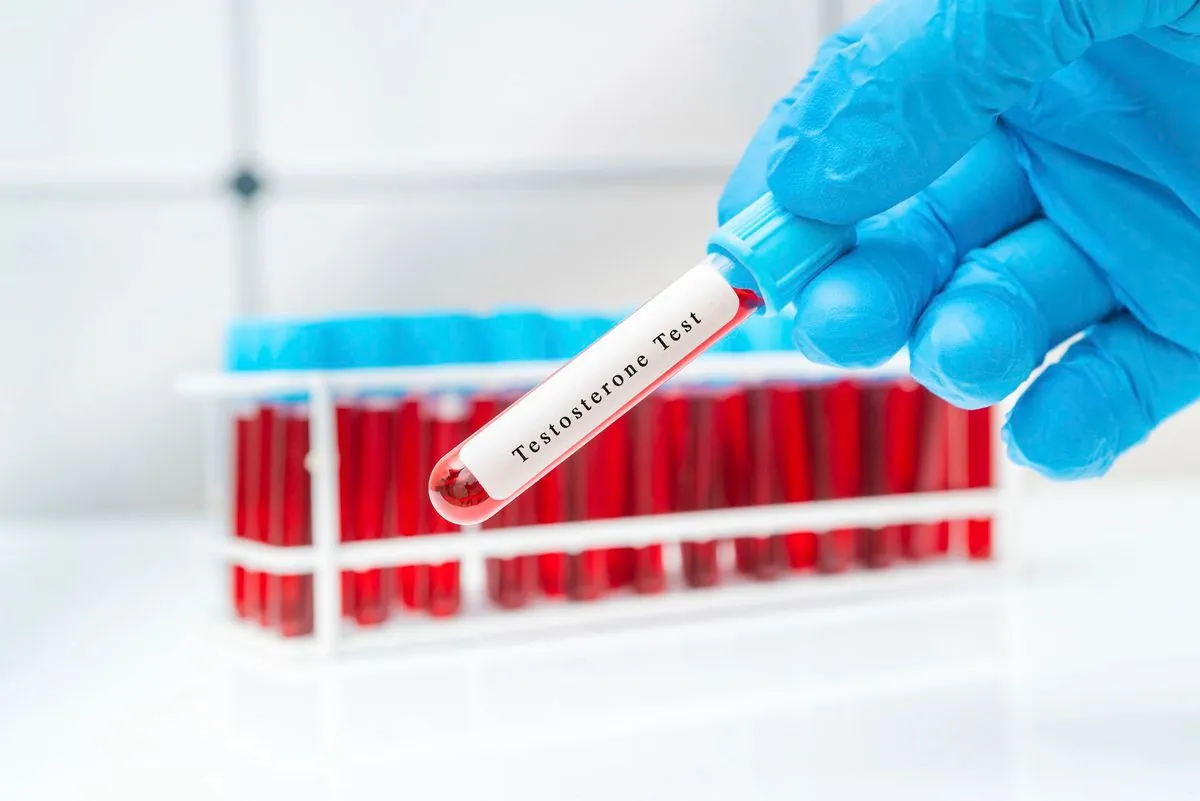FDA Approves Guardant Health's Blood Test for Colorectal Cancer Detection
The FDA has approved Guardant Health's blood test for colorectal cancer screening. This approval could lead to Medicare coverage, potentially revolutionizing cancer detection methods.

The U.S. Food and Drug Administration (FDA) has granted approval to Guardant Health's blood test for detecting colorectal cancer (CRC). This decision, announced on July 29, 2024, marks a significant advancement in cancer screening technology.
The test, named Shield, has been available in the United States since 2022 as a laboratory-developed test. The FDA's approval allows its use for adults aged 45 and older, aligning with the American Cancer Society's recommendations for regular CRC screening.
This approval is particularly noteworthy as it brings Shield closer to potential Medicare coverage, which could significantly increase its accessibility for older adults. Medicare is a federal health insurance program primarily serving individuals 65 and older, as well as certain younger people with disabilities.
Blood-based tests like Shield offer a more convenient alternative to feces-related tests for cancer screening. Exact Sciences' Cologuard, a stool test, has been a prominent player in the CRC screening market. However, the ease of blood tests may encourage more people to undergo screening, potentially addressing the issue of lower-than-target screening rates in the U.S.

Shield's approval marks the second blood-based test for CRC screening in the United States, following Epigenomics' Epi proColon, which was approved in 2016. However, Epi proColon did not meet the Centers for Medicare & Medicaid Services (CMS) criteria for Medicare coverage due to its sensitivity rate.
According to FDA documents, a study showed that Guardant's Shield test detected 83% of colorectal cancers, while Exact Sciences' Cologuard had a 92.3% sensitivity rate. The sensitivity of a screening test refers to its ability to correctly identify those with the disease.
"While blood-based tests offer convenience, it's crucial to remember that colonoscopy remains the gold standard for CRC diagnosis and prevention. Its ability to detect and remove precancerous polyps is unparalleled."
Colorectal cancer affects approximately 150,000 patients annually in the U.S. and is the second-leading cause of cancer fatalities, resulting in over 50,000 deaths each year. However, when detected early, the five-year survival rate can exceed 90%, emphasizing the importance of effective screening methods.
As the field of liquid biopsy continues to evolve, and with the integration of artificial intelligence in screening technologies, the landscape of colorectal cancer detection is poised for further advancements. These developments could play a crucial role in addressing the concerning trend of increasing CRC incidence in adults younger than 50.


































